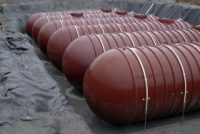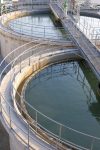WOTUS, WOTUS Everywhere, and Not a Drop in the Senate!
After failing the day before to collect the votes needed to approve a bill to force the EPA and Army Corps of Engineers (EPA/Corps) to rewrite their embattled June 29, 2015, Clean Water Rule (also called WOTUS for waters of the United States), Senate opponents of the rule gained the simple majority needed to pass […]










